LogicaMente
LogicaMente
Patrizio Paoletti Foundation for World Logic Day 2026

LOGICAMENTE 2026
On the occasion of World Logic Day, proclaimed by UNESCO to highlight the intellectual, cultural, and practical significance of logic across disciplines and societies, this lecture reflects on the sphere as a unifying model of thought, ethics, and human evolution. In alignment with UNESCO’s mission to foster dialogue, education, and sustainable development, the sphere is explored as a living logic—capable of reconnecting mind, responsibility, and planetary coexistence. Also on line with UNESCO’s aims of promoting peace, education, and sustainable development, the sphere is proposed as a living logic—capable of aligning mental coherence, emotional balance, and planetary well-being, recognizing that collective health begins with inner equilibrium.
This year’s LogicaMente explores the sphere as both a geometric form and a philosophical paradigm for human evolution, ethics, and sustainability. Traditionally regarded as a symbol of perfection, harmony, and beauty, the sphere is examined here as an operational model of intelligence: a system in which all points are equidistant from a center, capable of redistributing pressure, absorbing impact, and responding dynamically to minimal stimuli.
Drawing parallels between physical laws and human experience, the talk introduces the concept of the “spherical human”—an individual centered in self-respect and self-love, capable of listening, redistribution, and interdependence. The sphere becomes a metaphor for resilience, invincibility, and ecological thinking, opposing extractive paradigms rooted in competition (mors tua, vita mea) in favor of regenerative, win–win relationships (vita tua, vita mea).
The lecture by Patrizio Paoletti, ideator of the Sphere Model of Consciousness and Spherical economy
(Paoletti 2002; Paoletti and Ben Soussan, 2019, 2020, 2022) further proposes a model based on three forces (active, passive, neutral), six directions (past/future, strength/weakness, low/high), and eight life domains (body, spirit, relationships, family, work, finances, friendship, community). A “spherical life,” it is argued, enables balance, adaptability, and ethical responsibility toward both humanity and the planet.
Within this framework emerges the concept of LogicaMente: a new form of logic that reunites logic and mind, reason and sensitivity. LogicaMEnte moves beyond linear, oppositional thinking toward a relational, spherical logic capable of holding complexity without fragmentation. It is a logic that listens before it concludes, redistributes meaning rather than imposing it, and recognizes interdependence as a structural principle of intelligence. In this sense, LogicaMEnte represents an evolutionary shift in human cognition—a logic not of domination, but of coherence, resonance, and shared becoming.
Ultimately, the sphere is presented not as an abstract ideal but as a practical guide for personal transformation, collective evolution, and sustainable coexistence.
The podcast will finish with OMM One Minute Meditation, in which you can immerse yourself prefiguring the best version of yourself.
For additional articles and interdisciplinary perspectives on this topic, see also: PUBLICATIONS SMC – RINED
The Sphere Model of Consciousness
The Sphere Model of Consciousness (SMC) developed by Patrizio Paoletti in over two decades of research (Paoletti 2002, 2005, 2007, 2011, 2019, 2020) has been experimentally applied in the educational field and is the basis of the neuroscientific and psycho-educational research (Glicksohn, et al. 2017; Ben-Soussan et al., 2019; Srinivasan, 2020). In recent years it has been studied by several researchers in the field of neuroscience. The model presents a matrix that uses a logical-mathematical approach to describe the phenomenology of consciousness through the properties of the spherical shape.
Of particular relevance is the central space of the sphere – defined in the model as a place of pre-existence – for its descriptive and heuristic properties in relation to the study of “consciousness-in-itself”.
The Sphere Model of Consciousness is conceived, moreover, to offer applications in the educational field in the framework of F.A.S.E. paradigm (Philosophy, Art, Science and Economics; Paoletti, 2009).
For additional details on the Sphere Model of Consciousness, please click here.
World Logic Day
For additional World Logic Day events click here.
“Logic is ever-present: when you use AI software, when you turn on your computer, when you develop an argument. Logic is a contemporary universal. Yet despite being surrounded by logic, we remain quite unaware of its ubiquity. We often apply logic without knowing that we are doing so. Thus to draw attention to the importance of logic in the development of knowledge, UNESCO has proclaimed 14 January World Logic Day”.
Audrey Azoulay, Director General of UNESCO
The ability to think is one of the most defining features of humankind. In different cultures, the definition of humanity is associated with concepts such as consciousness, knowledge and reason. According to the classic western tradition, human beings are defined as “rational” or “logical animals”. Logic, as the investigation on the principles of reasoning, has been studied by many civilizations throughout history and, since its earliest formulations, logic has played an important role in the development of philosophy and the sciences.
Despite its undeniable relevance to the development of knowledge, sciences and technologies, there is little public awareness on the importance of logic. The proclamation of World Logic Day by UNESCO, in association with the International Council for Philosophy and Human Sciences (CIPSH), intends to bring the intellectual history, conceptual significance and practical implications of logic to the attention of interdisciplinary science communities and the broader public.
A dynamic and global annual celebration of World Logic Day aims at fostering international cooperation, promoting the development of logic, in both research and teaching, supporting the activities of associations, universities and other institutions involved with logic, and enhancing public understanding of logic and its implications for science, technology and innovation. Furthermore, the celebration of World Logic Day can also contribute to the promotion of a culture of peace, dialogue and mutual understanding, based on the advancement of education and science.
LogicaMente 2026
The Spherical Human: Geometry as an Ethical and Evolutionary Model
Patrizio Paoletti and Tal Dotan Ben-Soussan
Previous editions
LogicaMente 2025: Tal Dotan Ben-Soussan, Michele Pellegrino, Luca Simione – The Logic of Training for an Ecology of the Mind
The Logics of Training:
Molecular and electrophysiological changes following sitting and movement meditation
Tal Dotan Ben-Soussan
Research Institute for Neuroscience, Education and Didactics, Patrizio Paoletti Foundation
At this historic moment, which is characterized by exponential stress due to the covid pandemic pushing anxiety, we need tools to help us cope better. The threats of illness and job insecurity; social isolation and the upending of daily routines; financial losses and uncertainty all effect our immune system, sense of security, awareness and information processing. What may be required in order to adjust are internal tools such as different cognitive and sensorimotor training paradigms, through which people can enhance their cognitive, emotional and physical resilience, critical thinking and creative problem solving. We will discuss the underlying biological and neuronal mechanisms mediating improved cognitive and emotional functions, extending previous knowledge regarding the benefits of training for increasing emotional, molecular and neuronal resilience. We will shortly share current results from our lab in relation to resilience and emphasize the usefulness of integrating training such as meditation across the lifespan, that can aid in coping with stress and increase physical, immunological and emotional well-being.
LogicaMente 2022:
Patrizio Paoletti
Logic in times of uncertainty
The Logic of Resilience for Troubled Times – Self-Awareness as Self-care
Patrizio Paoletti
Founder of the Patrizio Paoletti Foundation
At the start of 2022, almost every area of human life seems to call forth new logic to remedy societal ills caused by outdated modes of thinking. A practice of resilience is necessary, obviously not to return us to the previous status quo, but instead to help find an elevated sense of balance that incorporates new awareness gained in the process. We believe that applied neuroscience can contribute significantly to the search for such new logic, especially in the domain of self-awareness that is the very core of every lasting change for humanity. The current covid-19 pandemic, with its impact in terms of social isolation and economic and health uncertainty, combined with other global challenges that threaten the very survival of the human species, has greatly increased levels of stress and insecurity among individuals and has direct effects on family, school, personal, and work relationships. All this has highlighted the need to seek not solely pharmaceutical solutions, but as much, if not more so, other modes to facilitate individuals’ mental health and balance. In this context, self-care becomes a decisive factor in resilience, and individuals very often lack adequate self-care tools. Effective self-care is dependent on the acquisition of solid competence in self-awareness and the skills that derive from it, and can be increased to beneficial effect on resilience, health, and balance. From the perspective of developing self-awareness, silence, in its dual nature as an outer and inner phenomenon, offers an effective tool to enhance the ability to observe oneself in a neutral way, as well as to perceive and manage one’s deepest and most intimate moments. The development of self-awareness, and the importance of silence as a tool for this purpose, will be described within the framework of the Sphere Model of Consciousness, a neuro-phenomenological model designed for applied instruction. The Sphere Model of Consciousness conveys a conceptual framework in which a schema of four levels of predictive coding is articulated as a tool for developing self-awareness and coping with challenges. In addition, in this 4th edition of LogicaMente, we include a short guided meditation as a practical instrument for dealing with daily stress.
LogicaMente 2022:
Patrizio Paoletti
Guided Meditation of the Spherical Resilience
LogicaMente 2021:
Patrizio Paoletti and Rotem Leshem – Logic in times of uncertainty
LogicaMente 2020:
Patrizio Paoletti – The Sphere Model of Consciousness
LogicaMente 2019:
Patrizio Paoletti and Moshe Bar
LogicaMente 2019:
Tal Dotan Ben-Soussan – Neuronal synchronisation and the integrity of the self
LogicaMente 2019:
Moshe Abeles – Spatio-temporal dynamic of mental processes
LogicaMente 2019:
Sabrina Venditti – Inside out: the Logic of epigenetics
SPEAKERS OF LOGICAMENTE
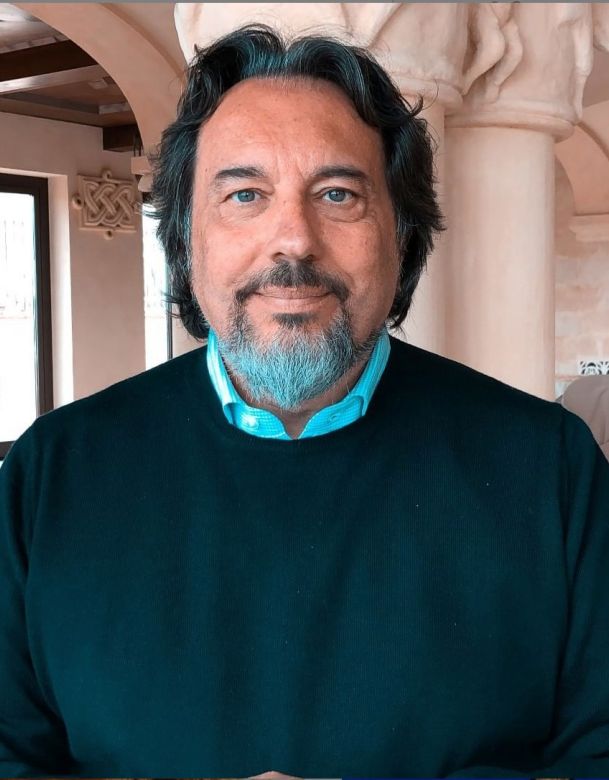
Patrizio Paoletti
Patrizio Paoletti is the founder of the Patrizio Paoletti Foundation (FPP) and the founder of the Research Institute for Neuroscience, Education, and Didactics of the FPP. Paoletti is a man of peace, mentor and influencer, specialized in Personal Development. For over thirty years, through the Human Inner Design Program and the School of Self-Awareness, he has offered original, insightful immersive training methods which are studied in the neuroscientific field in collaborations with scientists, research institutes, and universities throughout the world, such as the Bar-Ilan University of Israel and Sapienza University of Rome, Italy. He is the author of over 15 books in the subject of psycho-neuro education and life-long learning.
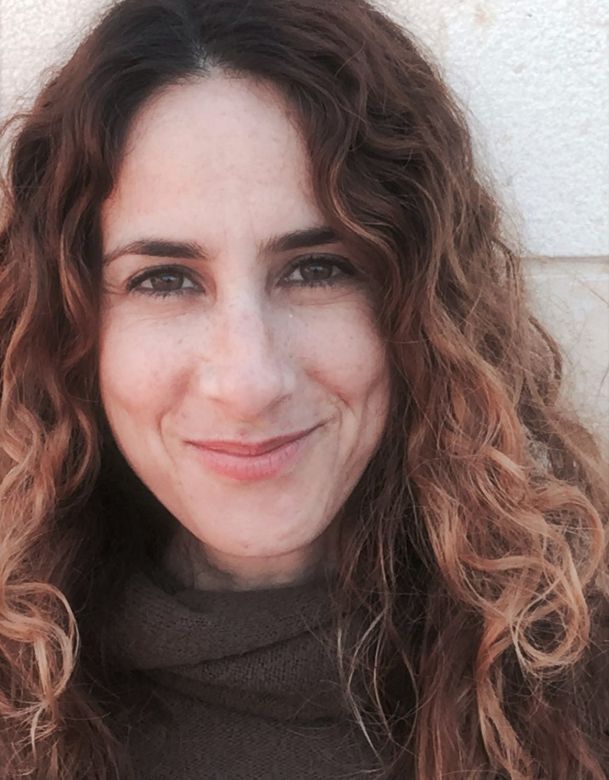
Rothem Leshem
Dr. Rotem Leshem is a senior lecturer in Criminology Department at Bar-Ilan University.
Dr. Leshem’s interdisciplinary academic credentials include M.A. and Ph.D studies in clinical criminology at Bar-Ilan University and Certificate studies in psychotherapy at Ben-Gurion University. She completed her Postdoctoral training in the cognitive neuroscience lab at UCLA, USA through funds from the International Outgoing Fellowships (IOF) – FPF-PEOPLE- Marie Curie Actions.
Dr. Leshem’s work encompasses an interdisciplinary approach that builds on converging bodies of knowledge stemming from criminology, psychology and neuroscience. Her research extends across field of neuro-criminology focusing on neuropsychological analyses of cognitive and emotional processes in the human brain as well as language and emotion regulation in the context of behaviors at risk.
Her interest lies in exploring emotion and self-regulation regulation and modification and reformulating it in terms of its neurobiology and physiological basis, to relate it to behavioral outcomes.
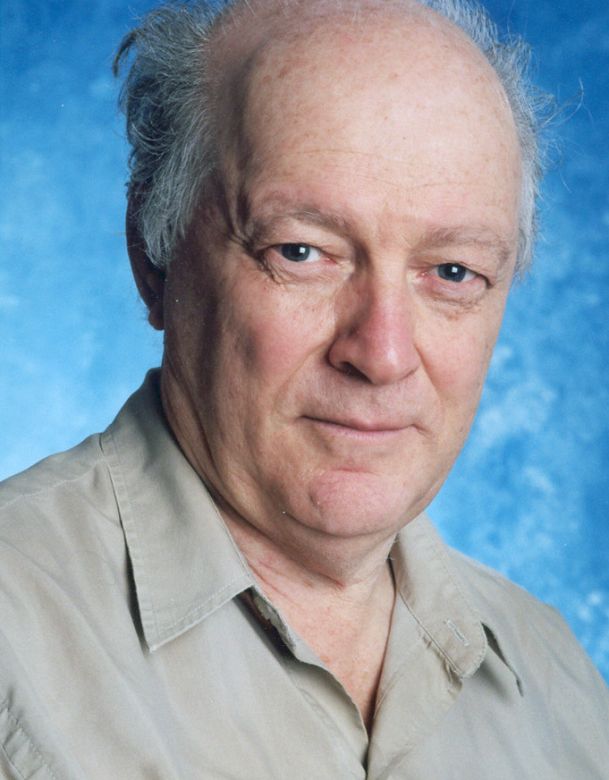
Moshe Abeles
Moshe Abeles is an Israeli brain researcher from the Hebrew University of Jerusalem and the Bar-Ilan University . Abeles’s research is mainly focused on the functional circuits in the cerebral cortex. His physiological findings and models about the functional significance of temporal relations in the cortex led to the famous “synfire chain theory” which demonstrates how information processing can be carried out through the coordinated dynamic activity of cell assemblies. In 2005, Moshe Abeles has founded the Gonda Multidisciplinary brain research centre at Bar-Ilan University and directed it until 2011. Moshe Abeles is the author of several highly cited books in neuroscience, including “Corticonics: Neural circuits of the cerebral cortex” (1991) and “Local Cortical Circuits: An Electrophysiological Study” (2012).
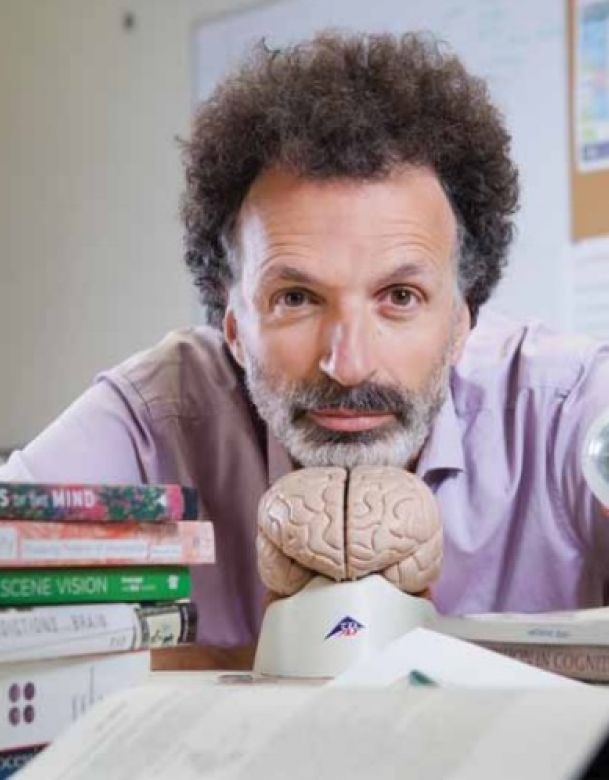
Moshe Bar
Moshe Bar is a neuroscientist, director of the Gonda Multidisciplinary Brain Research Center at Bar-Ilan University, and the head of the Cognitive Neuroscience Laboratory in the same research centre.
Moshe Bar spent 17 years in the US, where he had served as an associate professor at Harvard University andMassachusetts General Hospital, and had led the Cognitive Neuroscience Laboratory at the Athinoula A. Martinos Center for Biomedical Imaging.
Moshe Bar has made significant contributions to the field of cognition. His ideas and findings have challenged dominant paradigms in areas of exceptional diversity: from the flow of information in the cortex during visual recognition to the importance of mental simulations for planning and foresight in the brain and from the effect of form on aesthetic preferences to a clinical theory on mood and depression.
Moshe Bar uses methods from cognitive psychology, psychophysics, human brain imaging, computational neuroscience, and psychiatry to explore predictions and contextual processing in the brain, and their role in facilitating visual recognition.
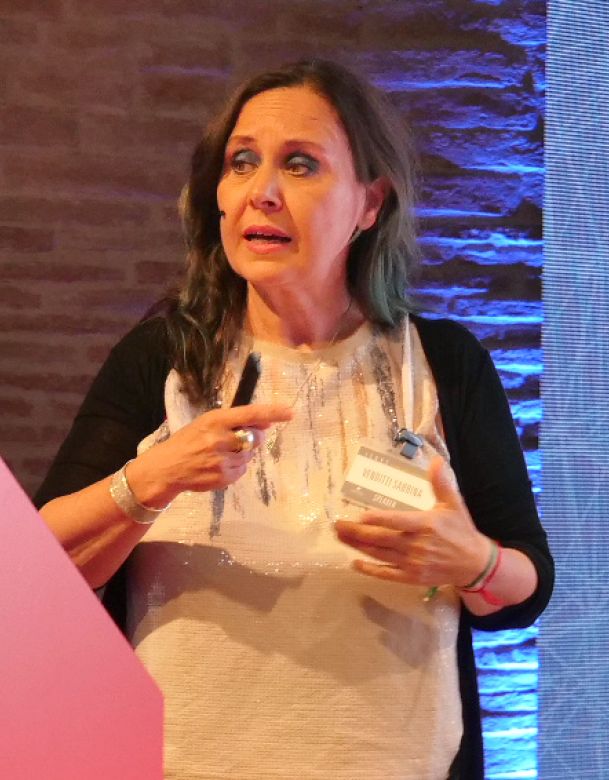
Sabrina Venditti
Sabrina Venditti is a researcher of the Department of Biology and Biotechnology “Charles Darwin” of the Sapienza University of Rome (Italy) and a professor of “Molecular Genetics” and of “Elements of Epigenetics and Epigenomics” in the same University. Sabrina Venditti started her research in the field of DNA structure and topology, focusing on DNA alternative conformations of gene promoter regulatory elements. Subsequently, she approached the field of gene expression and of in vivo analysis of chromatin configurations in yeast nuclei. In particular, she focused on epigenetic molecular mechanisms that regulate the biology of important chromosome structures such as the telomeres, investigating telomeric position effects, and subtelomeric elements dynamics. Since 2011, Sabrina Venditti expanded also to the field of human neuroscience, with a specific focus on epigenetics, with the aim of elucidating the molecular mechanisms that mediate the effects of Quadrato Motor Training on creativity and well-being, in collaboration with the Patrizio Paoletti Foundation.
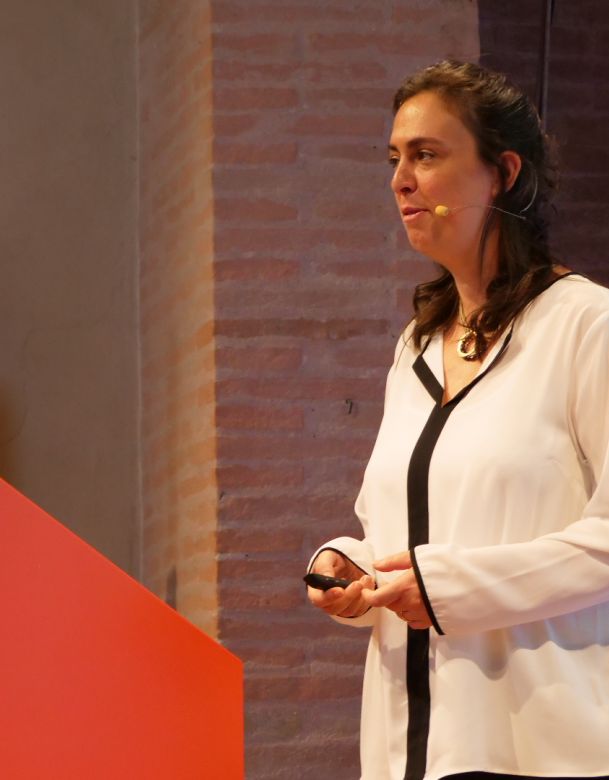
Tal Dotan Ben-Soussan
Tal Dotan Ben-Soussan is the director of Neuroscientific Unit of theResearch Institute for Neuroscience, Education, and Didactics ,
Patrizio Paoletti Foundation.
Ben-Soussan leads studies examining the effects of sensorimotor and contemplative training paradigms on neuroplasticity, cognition, and well-being. Her multidisciplinary approach utilises electrophysiological, neuroanatomical, and molecular tools to examine the underlying mechanisms mediating cognitive and emotional change. Ben-Soussan’s pioneering work on the Quadrato Motor Training has demonstrated that specifically-structured sensorimotor activity can improve neuronal functions, as well as enhance creativity, reflectivity, and spatial cognition. Together with close collaborations withSapeinza University of Rome and Bar-Ilan University, she is also applying her neuroscientific model to examine the interconnectedness of motion, emotion, and cognition in the workplace, schools, as well as in learning disorders and neurodegenerative states, such as dyslexia and Alzheimer’s disease.
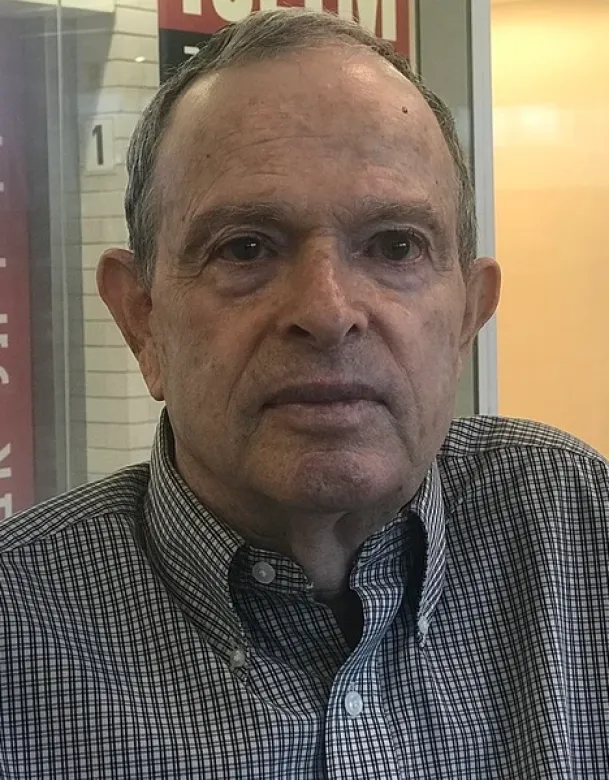
AVRAHAM BALABAN
Prof. Avraham Balaban is a writer, poet and professor emeritus of New Hebrew Literature at the University of Florida. Balaban completed his doctorate at Tel Aviv University in 1979. His work was on the subject of Alterman’s poetry. He spent the early eighties at Harvard University as a visiting researcher. Taught at the University of Michigan between 1983 and 1989. In 1989 he moved to the University of Florida and in 1991 was appointed a full professor. In the eighties he further wrote several articles and books about the work of Amos Oz. In 1979, he won the Talfir prize for research and in 1982, the Levi Eshkol creativity prize. Balaban published his autobiographical book “Mourning a Father Lost: A Kibbutz Childhood Remembered” in 2000. In 2019, the book “Lists of Tel Aviv” was published, which compiles his weekly columns in Haaretz newspaper.
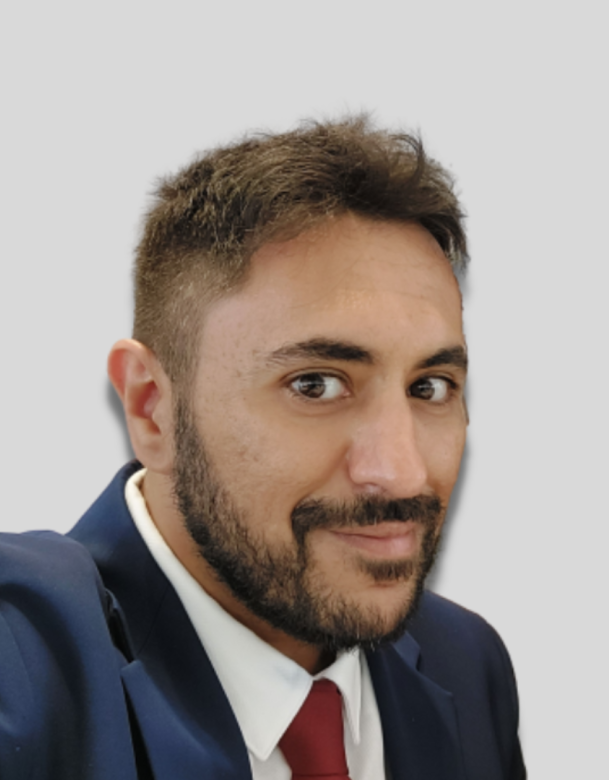
Stefano Lasaponara
Stefano Lasaponara, born in Bari, Italy, in 1984. Graduated with honors in Diagnosis and Rehabilitation of Cognitive Disorders and PhD in Cognitive Neuroscience. Currently RTD-B at Department of Psychology, University of Rome La Sapienza and in possession of the national scientific qualification as a professor of II fascia. Research experience in neuropsychology, especially in the area of acquired right hemisphere brain injury and the resulting visual-spatial orientation disorders. In general, main interests range from neurophysiological processes underlying attentional and decision-making processes to predictive coding underlying higher cognitive functions. Other research interests concern the relationships that exist between different mental representations of the concepts of space, time, and numerosity.
The most significant scientific contribution is research on the interaction between spatial attention and predictive coding. This work includes a comprehensive set of studies involving both healthy volunteers and brain-damaged populations. In several studies of fMRI (Dragone et al., 2015; Silvetti et al., 2016), EEG (Lasaponara et al., 2011; 2017; 2018; Doricchi et al., 2021; 2022) and Pupil Dilation (Dragone et al, 2018; Lasaponara et al, 2019), I developed a comprehensive understanding of the anatomical, functional, and electrophysiological changes that occur when individuals are asked to orient spatial attention under conditions of uncertainty, that is, when there are no statistical regularities between cue and target. In these studies, I have shown that switching from statistically predictive cueing to non-predictive cueing leads to profound changes in the neural dynamics underlying endogenous orientation of attention, including deactivation of the right temporo-parietal junction, modulation of cue- and target-related ERP components, such as LDAP, ADAN, and the P1/N1 complex, as well as alterations in the pupillary response to directional cues and invalid targets. These changes have significant adaptive value, leading to faster reorientation of attention and selective reduction of attentional costs. In particular, this comprehensive understanding of the neurophysiological and electrophysiological correlates that characterize spatial attention.
Who We Are
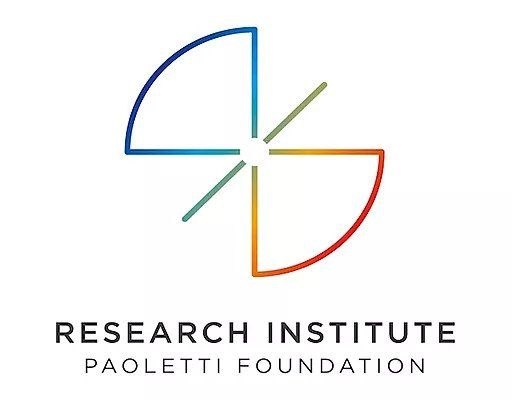
RESEARCH INSTITUTE FOR NEUROSCIENCES, EDUCATION AND DIDACTICS
Research Institute for Neuroscience, Education, and Didactics (RINED) is part of the Fondazione Patrizio Paoletti (FPP), which is an Italian foundation registered in the National Register of Research at the Ministry of Education, University, and Research (MIUR).
The main goal of RINED, e FPP in general, is to individualize new theoretical and practical models of knowledge which promote cognitive, physical, psychological, and emotional health and wellbeing from childhood to old age.
PATRIZIO PAOLETTI FOUNDATION
Patrizio Paoletti Foundation is a non-profit organization and a research body in the neuroscientific, psychological, pedagogical and educational fields. Its aim is to promote well-being and peace by innovating education, the most powerful means of change, through research. Active since 2000, it applies its neuroscientific pedagogy all over the world in the context of its popular, educational, school and social emergency projects aimed at children, teachers, families, educators, relationship professionals. It has trained thousands of operators in the education, school and social sector and has carried out research in collaboration with numerous universities and organizations around the world, publishing numerous studies in scientific journals of national and international importance.
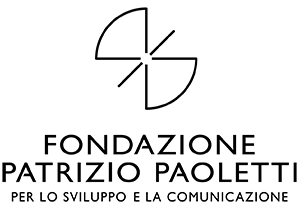
Contact Us
To receive more information, please send us an e-mail to
research@fondazionepatriziopaoletti.org
Ph. +39 06 8082599
© 2024
RINED – RESEARCH INSTITUTE FOR NEUROSCIENCES, EDUCATION AND DIDACTICS
Patrizio Paoletti Foundation
Via Cristoforo Cecci, 2
06081 Santa Maria degli Angeli – Assisi
Perugia, Italy
research@fondazionepatriziopaoletti.org
Ph. +39 06 8082599








